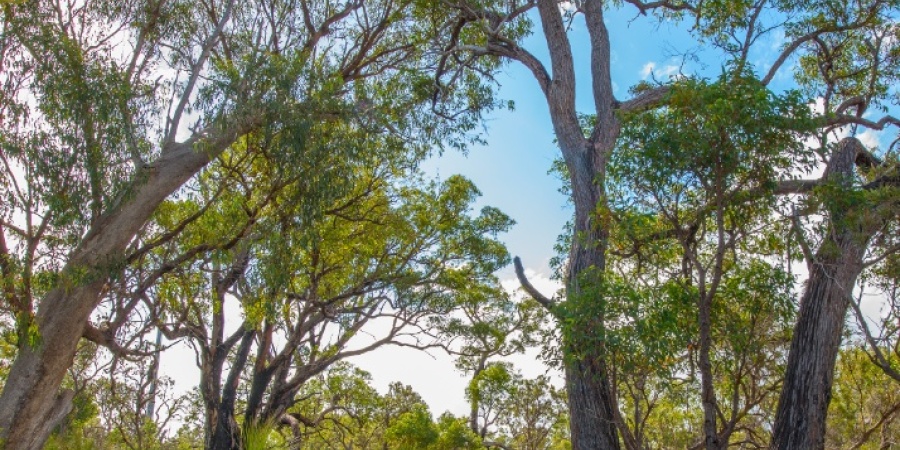
A feral cat-specific bait, Eradicat®, is being trialled in the northern jarrah forest for the first time in an effort to manage the devastating impact of this introduced predator.
The trial is being undertaken by the Department of Biodiversity, Conservation and Attractions’ lead wildlife recovery program, Western Shield, with funding support from the Alcoa Foundation.
Western Shield Coordinator Ashley Millar said the trial aims to protect vulnerable native animals in the northern jarrah forest such as the numbat, woylie, chuditch and quokka.
“Eradicat® is quite different to what we have traditionally deployed as part of Western Shield in the northern jarrah forest, which has previously only targeted foxes in this biome,” Mr Millar said.
“The Eradicat® bait is more suited to feral cats and something they will find easier to chew. It has been developed to be attractive to feral cats and will not cause harm to native animals.
The high tolerance of native animals to Eradicat® is due to their evolution alongside native plants which contain a natural version of the same toxin. These plants from the Gastrolobium genus are otherwise known as ‘poison peas’.
“We’ve used Eradicat® in areas with similar native fauna, like Dryandra Woodland National Park in the Wheatbelt, and it’s shown really promising results—particularly for woylie and numbat populations. Of course, we are hoping for similar results in the northern jarrah forest too, though we understand each ecosystem is different and this may not occur.”
The trial of Eradicat® forms part of an enhanced program to manage foxes and feral cats across more than 500,000 hectares of forest habitat from Avon Valley National Park north-east of Perth to State forest south of Collie.
“The effectiveness of the baiting program in managing foxes and feral cats will be measured using automated wildlife cameras that measure the activity of feral predators. Monitoring native animals will provide information on the response of fauna to baiting,” Mr Millar said.
Feral cats occur across Australia and threaten the persistence of over 100 native animal species across the country including the critically endangered woylie, which is found in the northern jarrah forest.
Media contact: DBCA Media 9219 9999
Facebook / Twitter / Instagram: @waparkswildlife